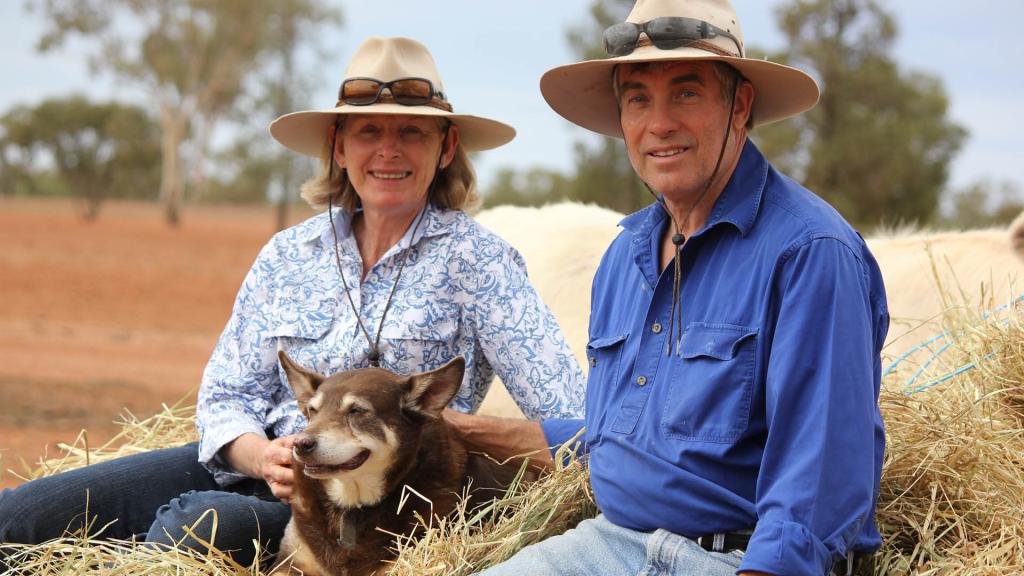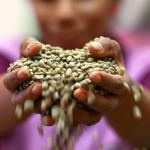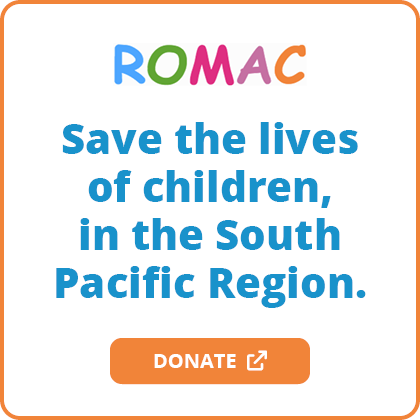Farm to plate in Cobar

t’s as pretty as a picture; native grass up to the knees soft enough to roll in, and green as far as the eye can see. After four years of drought, it’s a welcome relief for farmers Ann and John Crossing, who own Glenace, a farm located 58km from Cobar in western New South Wales.
The earth tanks are full of water, the landscape is regenerating and the birdlife is returning, when only a few months ago the land was dry and brown. The 9000-acre property includes 2000-acres dedicated to open grazing of lamb and cattle, and the rest is natural bushland.
Ann and John own Nourish and Grow – Natural Lamb, a business dedicated to animal welfare and soil regeneration, where quality over quantity forms the philosophy of their practice. Proudly, it’s the first in the region to introduce paddock to plate. And their lamb has quickly earned a reputation for being some of the best tasting meat in the business. Tender and sweet, it has everything to do with their philosophy.
Related news
Dubbo West Community Carols by Candlelight
Celebrate the festive season at Dubbo’s Carols by Candlelight, promising fun, music and the big man himself.
Sanitation solutions in Sumba
By PDG John KevanRotary Club of Mandurah Districts, WA In East Sumba, where the financial capacity to support water and health requirements for villages in remote areas is severely limited, Fair Future Foundation has been successfully providing materials and training to enable villagers to build their water and sanitation facilities for more than 15 years. […]
Queanbeyan delivers U-Turn the Wheel pilot program
Throughout May, the Rotary Club of Queanbeyan, NSW, held the 2024 pilot program of U-Turn the Wheel (UTTW) at three local high schools in Queanbeyan – The Anglican School at Googong, Karabar High School, and Queanbeyan High School. Overall, approximately 125 students took part in the one-day program. Feedback from students and staff was positive, […]
Join our newsletter for the latest updates
"*" indicates required fields


